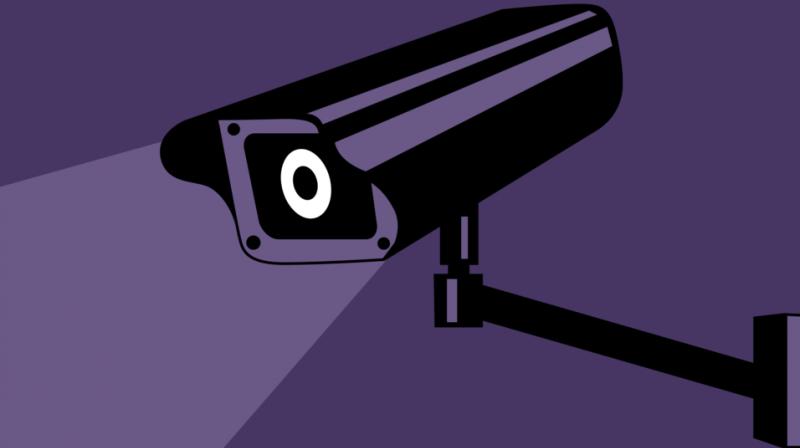Coronavirus’ next victim could possibly be privacy as digital surveillance becomes the norm
29 March, 2020

Digital surveillance and smartphone technology may prove helpful in containing the coronavirus pandemic-but some activists fear this may mean lasting harm to privacy and digital rights.
Hong Kong ordered persons arriving from overseas to wear tracking bracelets, and Singapore includes a team of dedicated digital detectives monitoring those living under quarantine.
Israel’s security agency Shin Bet has begun using advanced technology and telecom data to track civilians.
In possibly the strictest move, China gave people smartphone codes displayed in green, yellow, and red, determining where citizens can and cannot go.
China can be among the countries improving censorship about the crisis, human rights watchdog Freedom House said, while some are blocking websites or shutting off access to the internet.
“We have observed several concerning signs that authoritarian regimes are employing COVID-19 as a pretext to suppress independent speech, increase surveillance, and otherwise restrict fundamental rights, going beyond what's justified by public health needs,” said Michael Abramowitz, president of the group.
‘Normalised’ surveillance
Some activists cite the precedent of the September 11, 2001 attacks, which opened up the entranceway to more invasive surveillance in the name of national security.
“You will find a risk these tools can be normalised and continue even after the pandemic slows,” said Darrell West, who heads the Brookings Institution’s Center for Technology Innovation.
Ryan Calo, a University of Washington researcher associated with Stanford’s Center for Internet and Society, says, “The problem with implementing surveillance within an emergency is that it could acclimate people compared to that.”
It is a difficult trade-off, Calo said, noting that even the knowing of being tracked or monitored comes with an impact on people’s feelings of privacy and personal security.
An application for that
Since the pandemic started several apps have been using location tracking to trace the route of the outbreak.
One from the Massachusetts Institute of Technology researchers determines if persons have “crossed paths” with an infected person-although it could only work if it-for insufficient a much better term-goes viral.
Cornell University researchers developed another app allowing users to anonymously share their places and COVID-19 status to receive alerts about other local cases.
New York-based technology firm Unacast created a “social distancing scorecard” which uses smartphone spots to determine the extent of respect for tips for people to maintain safe distances.
“It can be beneficial to know if people are practicing social distancing. That can provide actionable information,” Calo said.
But he maintained that crowdsourced data on infections is likely to be “riddled with inaccuracies” and may give people a false sense of security.
Several university researchers has developed an initial version of an software designed to allow persons to share data on location and infections using smartphones’ Bluetooth technology without compromising personal privacy. Singapore already uses such a technology with its app named TraceTogether.
“We designed it to ensure that if a person comes down with COVID there’s ways to send an alert (to those in proximity) without identifying who see your face is,” said Tina White, a Stanford graduate student and co-founder of the Covid-watch app.
White said she and other researchers developed the notion instead of “authoritarian” measures being adopted in a few parts of the world.
She acknowledged the app would only be as useful as the quantity of folks using it-but said the technology has been offered freely, and suggested that "Android and Apple might use this an option in something update" to ensure wide adoption.
Source: www.deccanchronicle.com
TAG(s):
